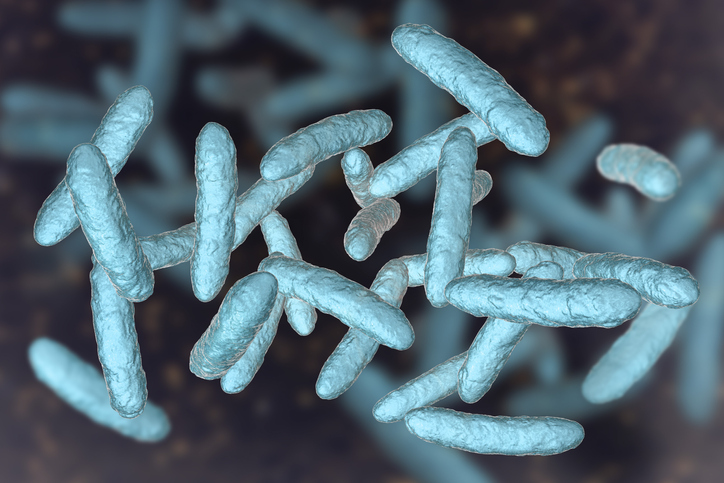Article Title | Microbiota, Feed the Good Germs in Your Gut | Post Date | Posted on
Friday, October 23, 2020 | Rollup Image | | Body |  What is Microbiota? What is Microbiota? Microbiota is considered good bacteria that is beneficial to our bodies and primarily lives in our gastrointestinal tract. Most of it lives in the large intestine, also known as colon.1 It helps to strengthen our immune system and fight against disease, makes vitamins that are essential for our health such as Vitamin K which is important for blood clotting and healthy bones. These colon microorganisms break down the remainder of food that escapes digestion in our small intestine and use it for energy and growth.1 This breakdown of foods in the colon is called fermentation and assists us with energy and keep the colon healthy.1
Foods that help maintain a healthy balance of Microbiota
It is important to consume foods high in fiber to assist in maintaining a healthy balance of microbiota in the gastrointestinal tract. In addition, eating more fiber helps lower blood cholesterol and prevent heart disease.2 Some examples of high fiber foods are: - Fruits: oranges, grapefruit, apple, pears, avocado, prunes, kiwi, raspberries
- Vegetables: artichoke, cabbage, broccoli, onions, chicory root
- Beans, lentils or peas
- Whole grains: oats, brown rice, whole-grain pasta
- Nuts: pistachios, sunflower seeds, walnuts
Diet and Microbiota
Lowered risk of developing chronic diseases has been associated with healthful dietary patterns such as the Mediterranean diet and plant-based diets.3 The Mediterranean diet consists of plant-sourced foods that include fruits, vegetables, whole grains, and legumes; limited dairy, main source of fat is olive oil, and an average amount of fish and poultry are consumed.3
Factors that can affect Microbiota
- Unhealthy and unbalanced diet (eating high fat and sugary foods and beverages)
- Ultra-processed foods such as soft drinks, hot dogs and cold cuts, chicken nuggets, fast food, cakes, chip, packaged cookies, and soups
- Antibiotics
- Stress
- Food and water that is contaminated
- Diarrhea which can be linked to Irritable Bowel Syndrome (IBS)
In conclusion, feed the good germs in your gut with fiber rich foods. It helps keep and maintain a healthy intestinal microbiota and additionally provides essential vitamins and minerals to prevent chronic diseases. References: - Dahl WJ, Mai V. Go With Your Gut: Understanding Microbiota and Prebiotics. http://edis.ifas.ufl.edu/pdffiles/FS/FS17100.pdf. Accessed October 20, 2020.
- Bobroff LB. Nutrition for Health and Fitness: Fiber in Your Diet. EDIS New Publications RSS. https://edis.ifas.ufl.edu/he697. Published April 3, 2018. Accessed October 20, 2020.
- Dahl W, Lambert J, Mendoza D. Diet, nutrients and the microbiome | Request PDF. https://www.researchgate.net/publication/340919767_Diet_nutrients_and_the_microbiome. Accessed October 20, 2020.
- Dahl WJ. A Guide to Probiotics and Health. EDIS New Publications RSS. https://edis.ifas.ufl.edu/fs286. Published November 28, 2016. Accessed October 20, 2020.
- FoodData Central United States Department of Agriculture
https://fdc.nal.usda.gov/index.html . Accessed October 22, 2020 | | Attachments |
|
|
 OTHER LANGUAGES
OTHER LANGUAGES
 OTHER LANGUAGES
OTHER LANGUAGES